Wear of the teeth
Wear of the teeth
What causes the teeth to wear down?
Tooth enamel is hard and wears slowly. However, your teeth wear out over the years. For example, by using a toothbrush incorrectly or by grinding your teeth. This is called mechanical wear. Wear due to chemical influences comes from acids in food. This phenomenon is called dental erosion. If the teeth are constantly exposed to mechanical and/or chemical influences, the risk of wear increases. Your dentist can see if this is the case for you.
Tooth wear due to brushing teeth
If you brush vigorously or too intensively (too often or for too long) in one spot, grooves can form in the teeth. You can even brush away the gums, exposing the necks of the teeth. Exposed tooth necks are not covered with enamel and are therefore more susceptible to wear. For the same reasons, avoid excessive use of toothpicks or brushes.
Wear of the teeth due to acids in food and drinks
Acids in food and drinks can cause tooth erosion. Acid is found in (orange) apples, lemons, grapefruit, kiwis, fruit juices, (diet) soft drinks (including iced tea), wine and, for example, breezers. Dental erosion is an insidious process that is not easy to reverse. It's not just about how many acidic products you eat and drink. It is mainly about how often, how long, the times and the way in which you do it. When dental erosion is not controlled, acids can dissolve tooth enamel and then even exposed dentin.


Brushing teeth and acids
The surface of teeth and molars softens due to the action of acid. If you brush your teeth immediately after eating or drinking acid, you can easily brush away the enamel layer. Then your teeth will wear out even faster.
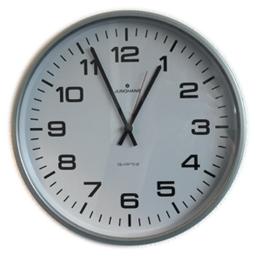
Saliva, heartburn and vomiting
Tooth erosion is more likely if the protective effect of saliva is poorer, for example if saliva production is low. Regularly giving up stomach acid, for example as a result of medication or an illness, can also cause dental erosion.
Habits
Habits such as grinding your teeth, biting your nails, chewing on a pen or pencil, smoking a pipe, and using your teeth like scissors or a knife increase the risk of tooth wear.
Measures against tooth wear
Limit wear and tear when cleaning your teeth
Brush your teeth twice a day with a soft toothbrush. You can apply enough pressure if you hold the brush at the end of the handle between your thumb and the tips of your fingers. Brush all parts of the mouth equally well. The first tooth or molar you brush often wears out the most. If you use toothpicks or interdental brushes, limit it to once a day. Do not eat or drink acidic products one hour before brushing your teeth.
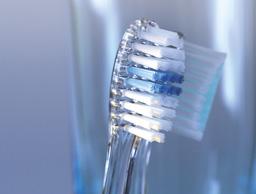
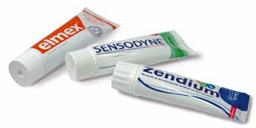
Limit the number of eating and drinking moments
Many foods contain acids. Saliva has a protective effect. It neutralizes the acid effect on the teeth. If you eat acidic products all day long, the saliva can no longer neutralize those attacks on the teeth. Not only to prevent dental erosion, but also to reduce the risk of cavities: limit the number of times you eat or drink. Eat three meals a day and no more than four meals in between. Water without carbonation, coffee and regular tea without sugar are not harmful to your teeth.
Limit the acid effect
Do not keep acidic drinks in your mouth, but swallow them immediately. Do not take a small sip every time, but drink it all at once. Do not take small bites of acidic food every time, but eat it all at once. This limits the effect of acid on the tooth surface.
Neutralize acid with water, milk or cheese
Instead of acidic products or after using them, take a glass of water or milk, or a small piece of cheese. This way you prevent or limit the harmful influence of acids.
Stop bad habits
Try to break bad habits, such as biting your nails, chewing on a pen or pencil, smoking a pipe and using your teeth like scissors or a knife. That can be difficult, because you often do this unconsciously. For example, you grind your teeth during sleep. Talk to your dentist or dental hygienist about how best to deal with this problem.
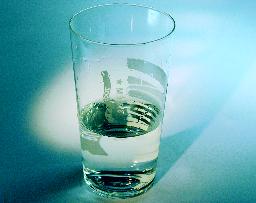
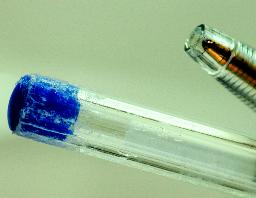
What can the dentist do about tooth wear?
Your sensitive teeth may be the result of exposed tooth necks. If your anti-wear measures don't help, your dentist can apply a varnish. But in most cases, treatment by the dentist is not necessary.